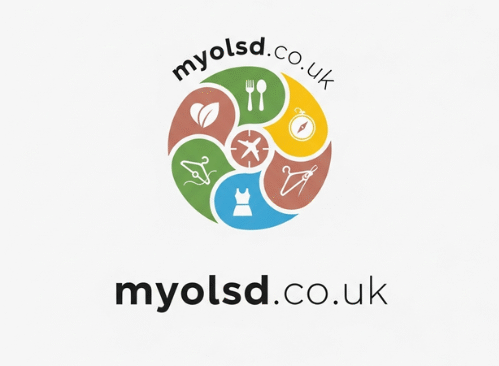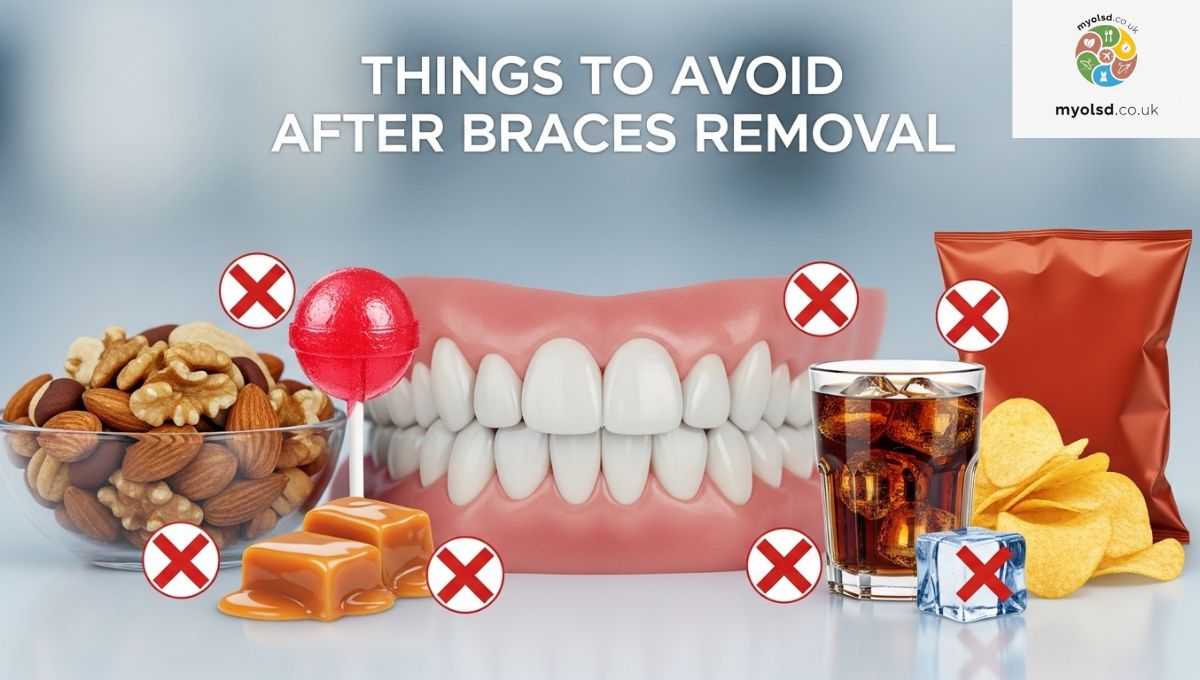Getting your braces off is such an exciting moment finally, no more wires or brackets! But once the thrill fades, you might find yourself wondering what not to do after getting braces off. I remember feeling nervous too, unsure if something as simple as eating the wrong food could ruin my new smile. It’s completely normal to feel a mix of happiness and worry at this stage.
This blog will guide you through exactly what not to do after getting braces off so you can protect your fresh, straight smile. From the foods to avoid to the habits that can cause problems, you’ll find clear tips and helpful insights here. By the end, you’ll feel confident about your next steps and know how to keep your teeth looking and feeling their best.
Why Post-Braces Care Matters
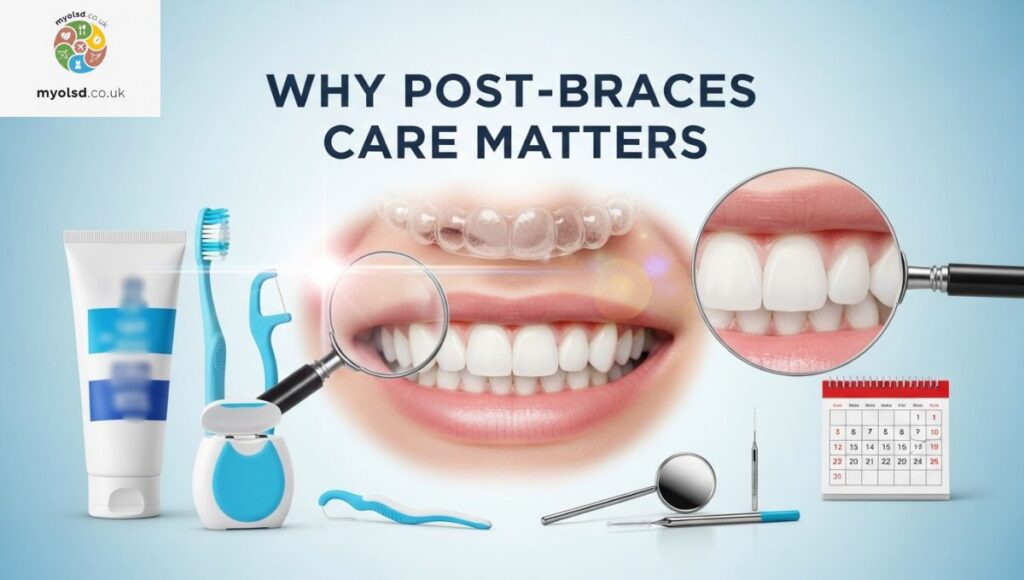
When braces come off, your teeth aren’t finished. They’re in a transitional state. The bone and ligaments that hold your teeth in place need time to stabilize. Without proper care, the risk of relapse (teeth shifting back) is high. Many people think that once braces are removed, they can return to old habits, but this is when your new smile is most vulnerable.
Your orthodontist’s instructions are designed to guide you through this stage safely. Following them closely, while avoiding common mistakes, will help ensure your teeth stay straight, your gums remain healthy, and your retainer fits properly.
1. Skipping or Inconsistent Retainer Wear
One of the biggest mistakes people make after braces removal is neglecting their retainer. Your retainer isn’t just a suggestion; it’s the single most important tool for keeping your teeth in their new positions.
Teeth have a natural memory. Without the constant gentle pressure from a retainer, they may begin shifting back within weeks. Even missing a few nights of retainer wear can lead to noticeable movement. Whether you have a removable retainer or a fixed one, wear it exactly as instructed by your orthodontist. Clean it regularly, store it safely, and never assume you can take a break. Consistency is key to protecting your investment.
2. Neglecting Oral Hygiene
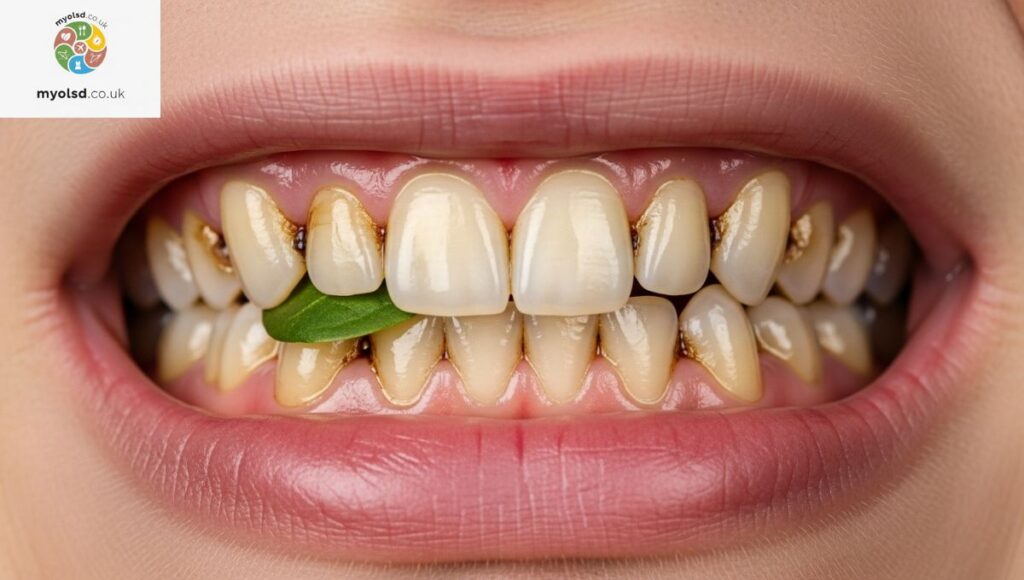
It’s common to feel free once braces are off. Brushing and flossing suddenly seem easier, and some people relax their oral hygiene routine. But this is the worst time to get lazy. Adhesive residue, plaque buildup, and enamel demineralization may still be present after braces removal.
Use a soft-bristled toothbrush with fluoride toothpaste to brush your teeth at least twice daily.Floss daily or use a water flosser to reach tight spaces between teeth. Add a fluoride or antibacterial mouthwash to your routine for extra protection. Strong oral hygiene habits now will help your teeth stay bright, healthy, and cavity-free.
Read More Article: What Is IRC Certificate for Solar
3. Overindulging in Hard or Sticky Foods
One of the first things people do after braces removal is rush to eat the foods they’ve missed: popcorn, caramel, sticky candies, crunchy nuts, or ice. While it’s tempting, diving straight into these foods can cause problems.
Hard or sticky foods can crack enamel, loosen fillings, or dislodge a bonded retainer. They also trap plaque between teeth, increasing the risk of cavities. Instead, reintroduce these foods slowly. Cut them into small pieces, chew carefully, and avoid using your teeth as tools. Focus on a nutrient-rich diet foods high in calcium, vitamin D, and phosphorus strengthen your enamel and gums during this adjustment period.
4. Whitening Teeth Immediately
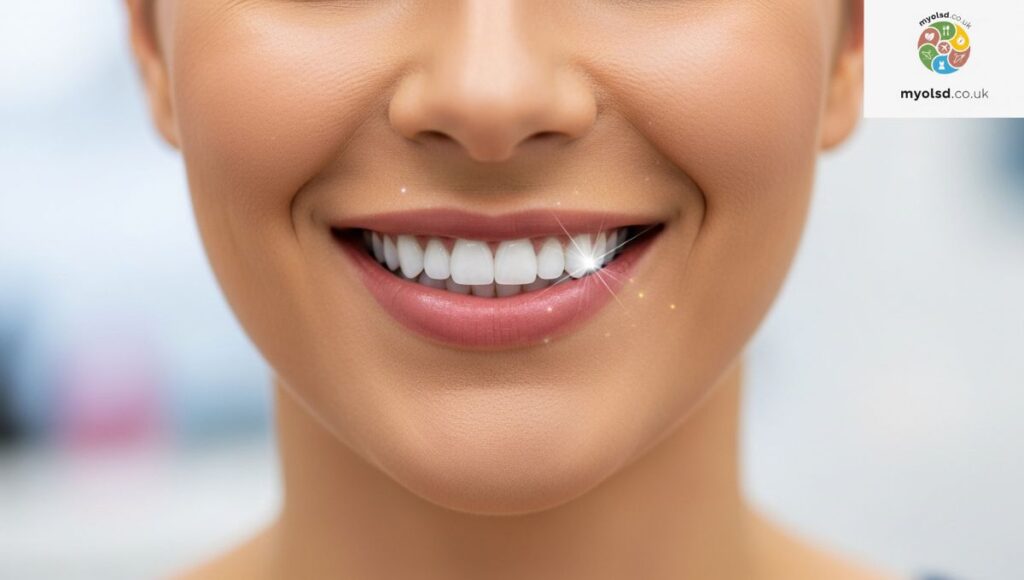
Uneven color after braces removal is normal. The enamel under the brackets may appear lighter than the exposed areas. Some people rush into whitening treatments to achieve a uniform shade, but this can cause sensitivity and patchy results.
Wait at least a few weeks before whitening your teeth. This gives enamel time to remineralize and recover from adhesive removal. When you’re ready, consult your dentist for safe, professional options. Patience ensures an even, long-lasting result.
5. Skipping Dental Checkups
Your orthodontist’s job isn’t over when your braces come off. Regular dental checkups remain critical during the months after removal. These visits allow your orthodontist to check your retainer’s fit, ensure your teeth aren’t shifting, and address any emerging issues early.
Your dentist can also professionally clean your teeth to remove leftover adhesive or stubborn plaque. Schedule a checkup within a few weeks of braces removal, then continue every six months (or as recommended). Preventive care now saves you from costly treatments later.
6. Ignoring Retainer Care
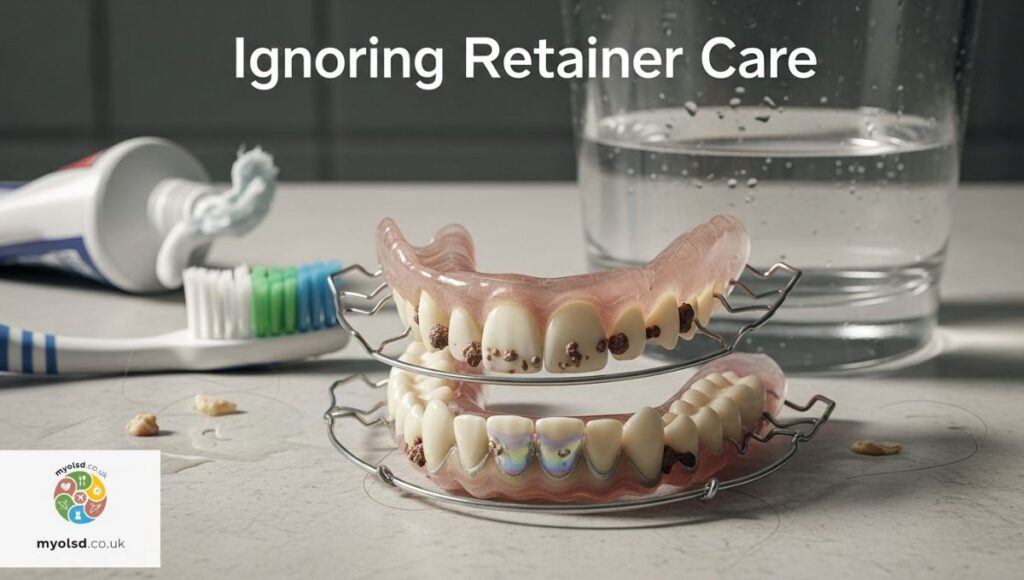
It’s not just wearing your retainer that matters how you care for it is equally important. Many people leave their retainers uncleaned, toss them in a bag, or expose them to heat, which can warp the material.
Always rinse your retainer with lukewarm water after each use. Brush it gently with a soft toothbrush (no toothpaste) or use a retainer cleaner. Store it in its case, not in a tissue or your pocket, to avoid loss or damage. Proper care keeps your retainer hygienic and effective.
7. Overlooking Early Signs of Shifting
Even with perfect retainer use, small changes can occur as your teeth settle. If your retainer feels tighter, looser, or suddenly uncomfortable, don’t ignore it. These are early signs of shifting.
Contact your orthodontist immediately for an adjustment or replacement. Addressing the problem early can prevent larger misalignments and the need for corrective treatment. Make it a habit to check your smile regularly in the mirror and take photos to track changes.
8. Using Your Teeth as Tools
Braces often teach people to be gentle with their teeth. But once they’re removed, old habits may creep back in like opening packages, biting nails, or chewing pens. These habits can chip enamel, damage a bonded retainer, or shift teeth out of alignment.
Treat your teeth as precious tools for eating, not for opening or tearing things. Breaking these habits now helps maintain your orthodontic results and prevent unnecessary dental repairs.
9. Forgetting About Gum Health
Braces can make gum care difficult, sometimes leading to swelling or mild inflammation. Once your braces are off, it’s crucial to focus on gum health to restore balance.
Massage your gums gently with your toothbrush, floss daily, and consider using an antimicrobial mouthwash. Healthy gums provide a stable foundation for your teeth, making them less likely to shift.
10. Not Establishing a Long-Term Routine
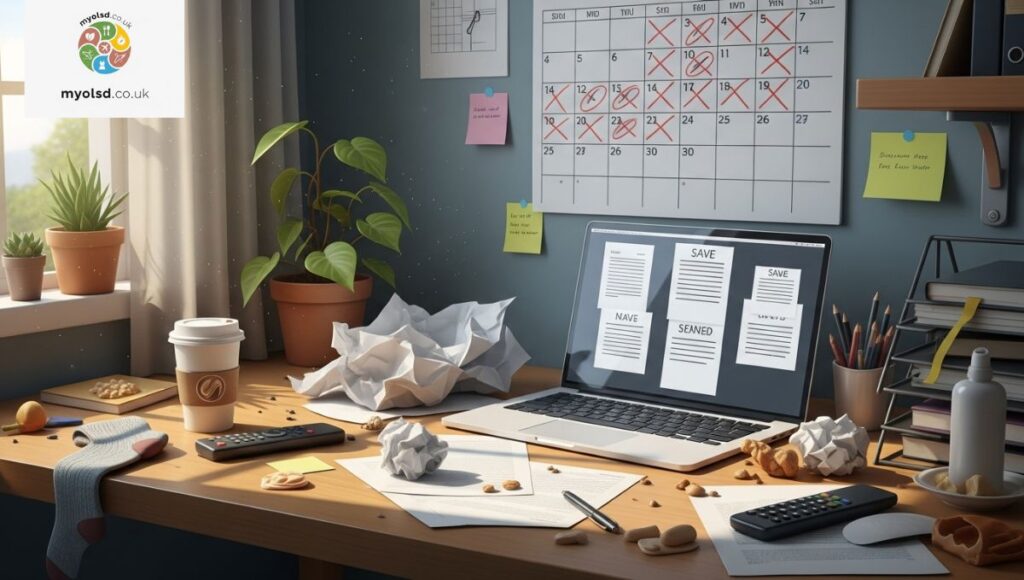
Post-braces care isn’t a short-term commitment. Wearing your retainer, practicing good hygiene, and attending regular checkups should become part of your permanent routine.
Think of this stage as the maintenance phase of your orthodontic treatment. The effort you put in now determines how your smile looks for decades to come. Building habits today ensures your results last a lifetime.
Final Thoughts: Protecting Your New Smile
Getting your braces off is a major achievement. You’ve invested time, money, and patience into achieving a straight, healthy smile. But the work doesn’t end here. Avoiding common mistakes like skipping your retainer, neglecting hygiene, overindulging in sticky foods, or whitening too soon is essential for protecting your results.
Your smile is an investment. By following your orthodontist’s advice and avoiding these pitfalls, you’ll enjoy straight teeth, healthy gums, and a confident grin for years to come. This isn’t just the end of your braces journey it’s the beginning of lifelong oral health.
FAQS
What should I do after getting my braces off?
Wear your retainer, maintain good oral hygiene, and follow your orthodontist’s instructions.
Can I brush my teeth after removing braces?
Yes, brush gently with a soft-bristled toothbrush and fluoride toothpaste right after removal.
How long should I wait to eat after getting braces off?
You can eat immediately, but stick to soft foods for the first few days.
Can I drink after getting my braces off?
Yes, but avoid very sugary or acidic drinks at first to protect your enamel.
